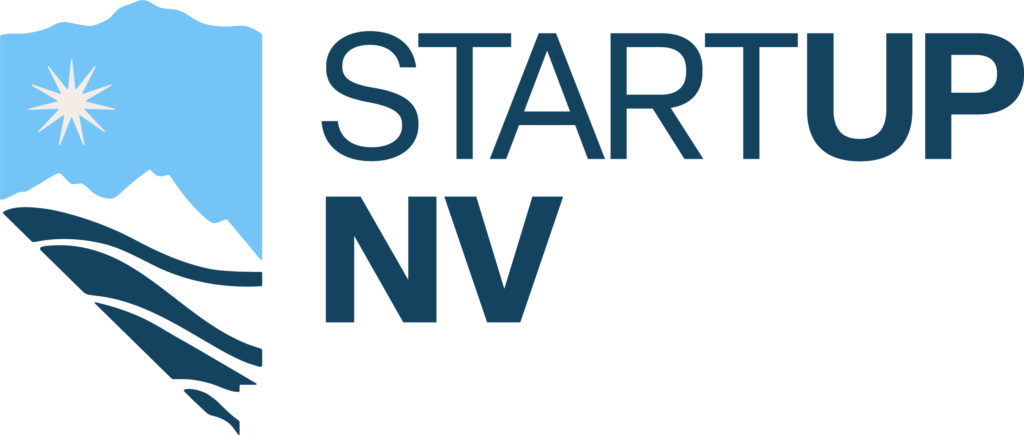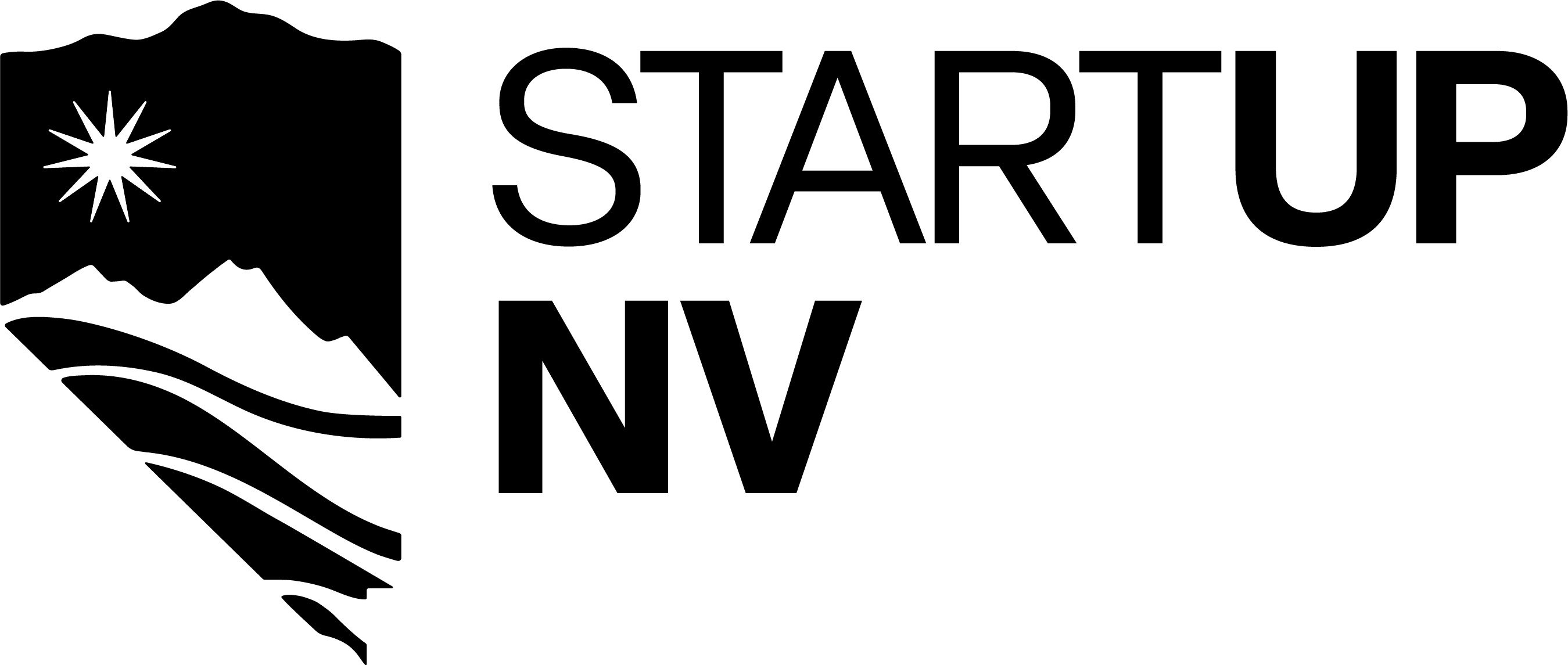Building a startup is often described as a rollercoaster—and for good reason. There are days when you feel invincible, like everything’s clicking into place. And then there are days when you wonder if it’s even worth it.
It’s not a weakness. It’s the weight of leadership.
And that emotional weight? If it goes unmanaged, it leads to founder burnout—something far more common than most are willing to admit.
Mental health isn’t a nice-to-have; it’s foundational. Without it, your creativity, decision-making, and relationships suffer. So let’s talk honestly about the real toll startup life can take—and what you can actually do about it.
Why Founders Burn Out
Let’s break it down:
- Constant pressure to perform
- Uncertainty about the future
- Financial stress
- Isolation and loneliness
- The inability to “shut it off”
These aren’t occasional headaches. They’re chronic, compounding stressors. And they don’t resolve on their own.
But the goal isn’t to remove pressure—it’s to build systems that help you carry it.
Here are real, practical strategies that have helped startup founders (myself included) shift from burnout to breakthrough.
1. Build Your Schedule Around Energy, Not Just Tasks
When everything feels urgent, it’s easy to pack your calendar with back-to-back meetings and 14-hour workdays. But that’s a fast track to exhaustion.
Example:
One founder I know blocks 8–10am daily for “deep work”—no meetings, no Slack, no noise. They also end their day with a non-negotiable 5:00pm “shutdown routine”: review tomorrow’s schedule, note top priorities, and close the laptop.
Try this:
- Use time-blocking to guard your focus.
- Identify your high-energy windows and reserve them for creative or strategic work.
- Create hard stops in your day—even if it’s just 30 minutes of nothing.
2. Get Out of the Bubble (Seriously, Leave the House)
Working from home (or a coworking space you never leave) makes it easy to drift into isolation. Without external input, your internal stress spirals.
Example:
A founder in our ecosystem started joining a weekly pickup basketball game—not for networking, just to sweat and reset. It became their weekly anchor, unrelated to KPIs or product timelines. The mental clarity it gave them? Game-changing.
Try this:
- Join a non-business group (sports, book club, volunteer work).
- Work one day a week from a new location (library, park, cafe).
- Schedule regular phone calls or lunch with founder friends—no pitching allowed.
3. Start Founder Therapy or Coaching (Before You Think You “Need” It)
There’s still a stigma around therapy, especially in founder circles where we’re expected to have answers. But you don’t have to wait until you’re in a crisis.
Example:
I know a founder who sees a therapist twice a month and a business coach once a month. The therapist helps them navigate anxiety, while the coach keeps them focused on growth goals. Together, they form a pressure-release valve that’s kept them in the game long-term.
Try this:
- Look for founder-focused mental health resources (ex: BetterHelp, Founders First).
- Find a peer group or support circle for entrepreneurs.
- Schedule regular “mental health check-ins” the same way you’d check financials.
4. Audit Your Notifications and Set Boundaries
Your phone is not your boss. Slack, email, texts—they’ll take as much of your attention as you allow.
Example:
A SaaS founder I interviewed has a “no notifications” phone setting from 8pm–8am. Their team knows to call if it’s a real emergency. The result? Better sleep, more presence at home, and sharper thinking during the day.
Try this:
- Turn off all non-essential notifications.
- Set communication boundaries with your team (and stick to them).
- Block a “no meetings” day each week to focus and breathe.
5. Make Your Mental Health a Line Item
If it’s not in the budget or your calendar, it won’t happen. Founders love to optimize for growth, but rarely apply that same discipline to personal sustainability.
Example:
Some founders budget monthly for wellness: therapy, coaching, gym memberships, even digital detox getaways. One founder I worked with gives their team a $100/month “mental health stipend” to model that it’s not only allowed, it’s encouraged.
Try this:
- Allocate a budget for personal well-being (and encourage your team to do the same).
- Schedule quarterly “founder days” to reset and reflect.
- Treat your mental health practices like meetings—with the same level of importance.
6. Reframe Rest as a Strategic Tool
There’s a toxic myth in startup culture that rest = laziness. But the truth is, rest is where your subconscious solves problems and renews clarity.
Example:
A founder I follow takes every seventh week fully off—no email, no Slack, no check-ins. Their team plans around it. They say their biggest product insights and strategic shifts always come during that downtime.
Try this:
- Plan regular breaks—even half-days off to recharge.
- Use weekends to do something completely unrelated to your business.
- Embrace rest not as a reward, but as fuel.
Final Thought: You Can’t Scale What’s Burned Out
Your company depends on you, but more than that—you depend on you.
Mental health isn’t a luxury. It’s not a “someday” item. It’s the foundation beneath every pitch, hire, and pivot.
So here’s the permission you don’t need but might be waiting for:
You’re allowed to rest. You’re allowed to ask for help. And you’re allowed to build something incredible without destroying yourself in the process.
Breakthroughs come when you stop pretending you’re invincible—and start building like someone who wants to do this for the long haul.




